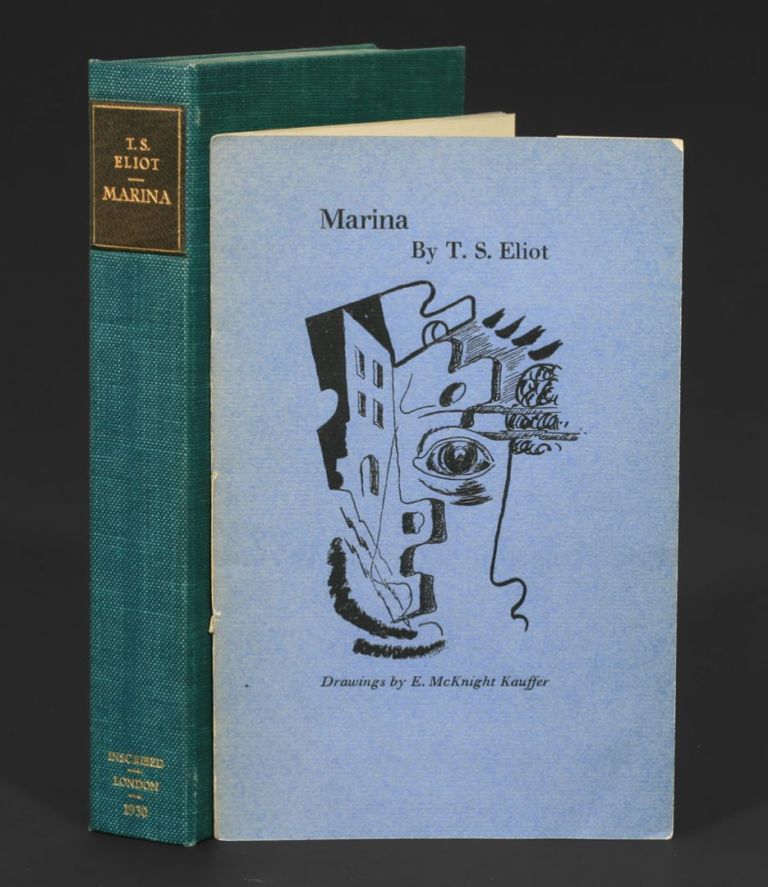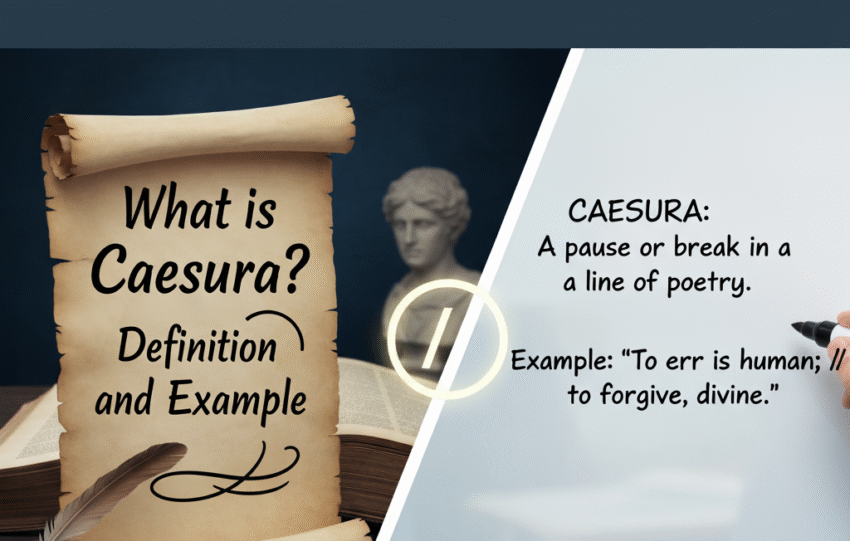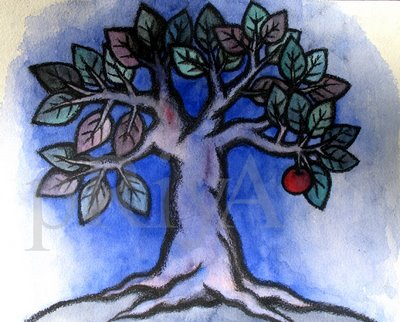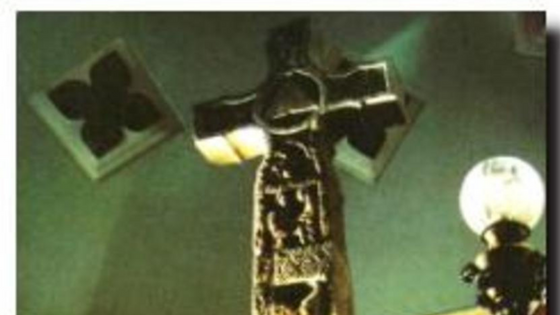
Discuss the importance of the epigraph of T.S.Eliot’s poem “Marina”
Quis hic locus, quae regio, quae mundi plaga?
The epigraph of the poem Marina by T. S. Eliot is taken from Seneca’s tragedy Hercules Furens. The Latin words—“Quis hic locus, quae regio, quae mundi plaga?”—in English mean, “What is this place? What country, what region, what quarter of the world?” They are the first bewildered words spoken by Hercules when he awakens after his frenzy of madness in which, driven by Juno’s jealousy, he has slain his own wife and children. At this point in the play, Hercules is confronted with the aftermath of his own blind destructiveness and begins to recognize, with horror, the reality of his deed.
Eliot’s choice of this epigraph is deeply suggestive. Just as Hercules awakens to a transformed reality—one that is at once incomprehensible and terrifying—so does Pericles in Shakespeare’s Pericles, Prince of Tyre (the source behind Eliot’s Marina) awaken to the miracle of rediscovering his daughter. In both cases, the characters are thrust into a liminal moment of recognition, between despair and revelation, between loss and recovery.
In Marina, the epigraph signals that the poem is not merely about the reunion of father and daughter, but about the disorientation and awe that come with a sudden vision of grace. The Latin words, poised between tragic bewilderment and the possibility of renewal, frame Eliot’s meditation on spiritual awakening. The poem’s questions—though voiced through Pericles—echo the existential questioning of Hercules: Where am I? What has happened? What is the meaning of this?
The epigraph functions on two levels: it recalls the bewilderment of the tragic hero faced with the consequence of his actions, and it prepares the reader for Eliot’s central concern—the possibility that what is lost, whether innocence or faith, may yet be restored. In this sense, Marina becomes both the lost daughter and a symbol of redemption, and embodies the hope that through grace and recognition, the soul can awaken from its own darkness into light.





